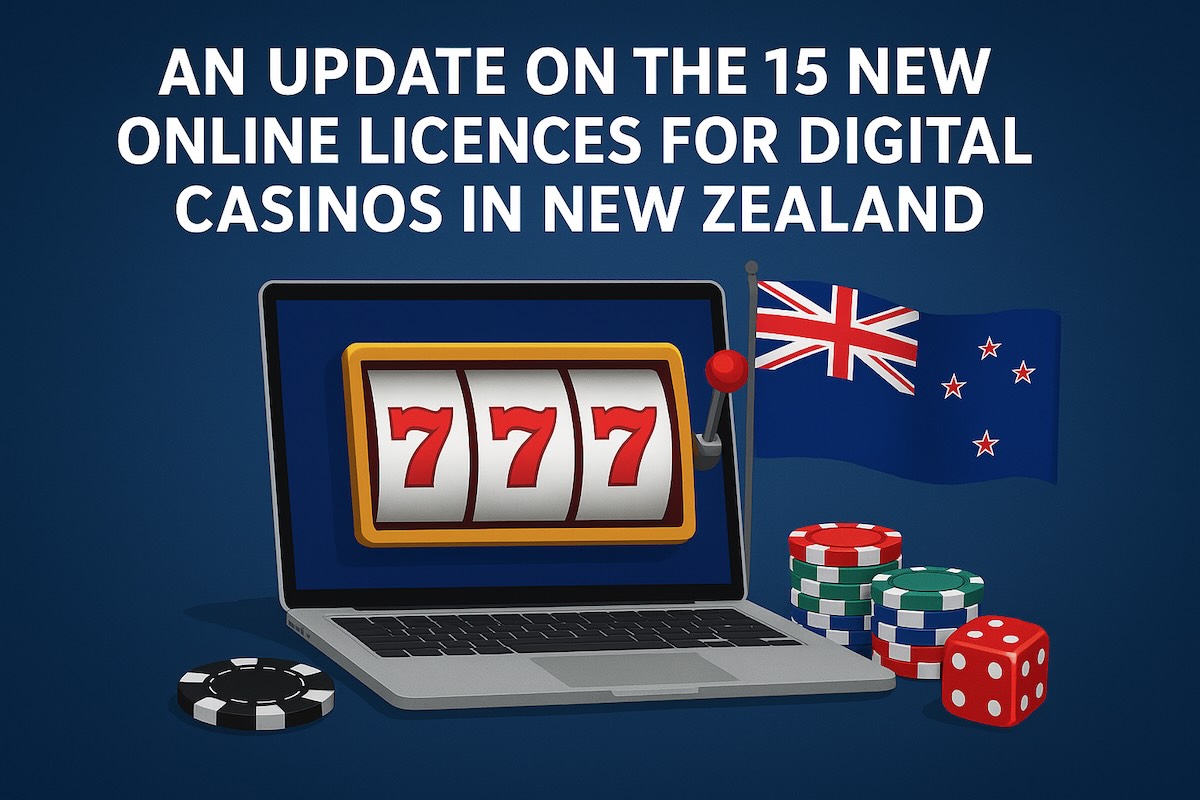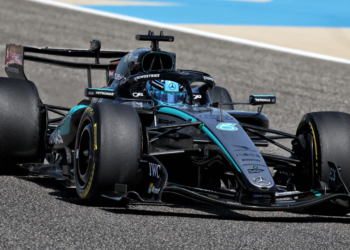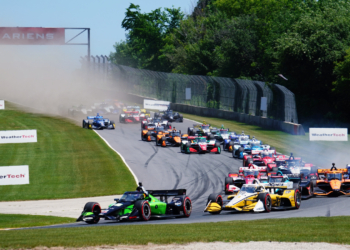New Zealand is about to launch a capped licensing regime for online casinos, introducing order and safety to a previously unregulated area. This is a positive move in the direction of the safer, more transparent online gaming industry.
In 2025, New Zealand made a major move toward online casino gaming regulation by announcing laws to grant up to 15 licences. This is a major shift in a world where online operators have traditionally licensed offshore.
The new licence structure addresses the desire for increased control in a bid to aid the development of responsible online entertainment.
What is the new licensing wave for online casinos in New Zealand?
New legislation enacted by the Internal Affairs Minister allows for a formal, three-step process in granting digital casino licenses. Expressions of interest are first invited in the first stage. A competitive auction or bid process follows suit. Everything culminates with licence applications on suitability and compliance grounds.
Just 15 non-transferable licence opportunities will result, each attached to a specific brand or platform. The system aims to build a controlled, highly regulated marketplace to protect consumers and provide for innovation in the industry.
This approach brings a sense of anticipation and optimism for online gaming enthusiasts across the globe. The inclusion of no deposit bonuses in NZ within the regulated landscape can help level the playing field. It gives entrants accessible ways to explore new games under safe conditions.
For newcomers, this could be the difference between feeling hesitant and feeling encouraged to try regulated platforms.
In a gradual, three-part process, the government is showing a wish for equity. It’s not a rash move. It’s a slow one allowing for feedback, refinement and avoidance of pitfalls other states have suffered in implementing similar structures.
Implications for the market
The restriction of the number of licences, only 15, limits the environment to selective and high-standard. Operators will be closely vetted. They will have to be in substantial compliance and in the minimisation of harm.
By licensing only respectable platforms and capping the number each operator may have, the licence holders seek to ensure diversity and not monopolistic single control.
This considerate design marks a positive development for players and suppliers alike. It creates opportunities for innovation. It promotes fair competition and ensures the digital platform is enjoyable and responsible.
To the licensed operators, the prestige will be significant. They will be regarded as responsible suppliers in one of the world’s most highly regulated markets.
This may even have a positive indirect effect on sports betting websites. As casinos are held to a higher standard, the general image of the online gaming sector in Aotearoa New Zealand might become more positive. That could draw in players who had held back in the past.
Regulatory standards and compliance measures
The new system is grounded in the protection of player welfare. Licensed sites will have strict demands, including compulsory age checks and tools for the identification and banning of problem gamblers. Advertising practices will also have limitations.
Notably, unlicensed sites will not be able to provide services to Kiwis. This will have the effect of limiting exposure to offshore sites with low levels of protection.
These protections show a strong commitment to balancing the thrill of digital gaming with responsible oversight. The regulated model positions New Zealand as a forward-looking hub. It prioritises both enjoyment and player safety.
This is not only about protecting the vulnerable, it’s also about building trust across the whole community of players. By tightening the advertising rules, the government hopes to avoid aggressive marketing tactics that can overwhelm potential players. Instead, the focus will be on quality, fairness and transparency.
Impact on players and gaming options
For the players in New Zealand, the initiative has the potential for a safer and more respectable casino experience. Licensed casinos are sure to have explicit terms. They will stick to fairer gaming principles and more transparent support structures.
Everything fosters greater trust in the online environment. Advertisement restraints in the paradigm aim to inhibit excessive promotion and clear platforms provide safe choices.
The regulated structure also enables platforms to introduce diverse offerings. These might include themed games, promotional events and tailored experiences. All of it takes place within a secure and fair environment.
Players could even see cross-platform integrations, where sports betting and casino games share loyalty features. This would create a more seamless and engaging experience overall.
The end product is a dynamic and new games marketplace where players can have diversity without losing safety.
Future prospects in New Zealand
Ahead of 2026 and into the future, the use of this licensing system provides an intriguing opportunity for the sector. With only 15 places and a comprehensive application process, the operators will have the incentive to develop sound proposals.
These must prioritise consumer protections and sound practice. The select-committee submission stage provides the element of public engagement. It helps ensure the system aligns with the values of the community.
Although players can’t commence operations until early 2026, the environment is slowly taking shape. With proper consideration, Aotearoa can set the standard of respectable, player-centric digital casino markets. Other jurisdictions might look and use the lead by example as a guide for future actions.
Another potential outcome is the growth of related services, from payment processors to marketing agencies specialising in licensed gaming. By regulating the core of the industry, New Zealand could spark innovation in the supporting ecosystem as well. That could mean more local jobs and greater economic activity tied to the sector.






